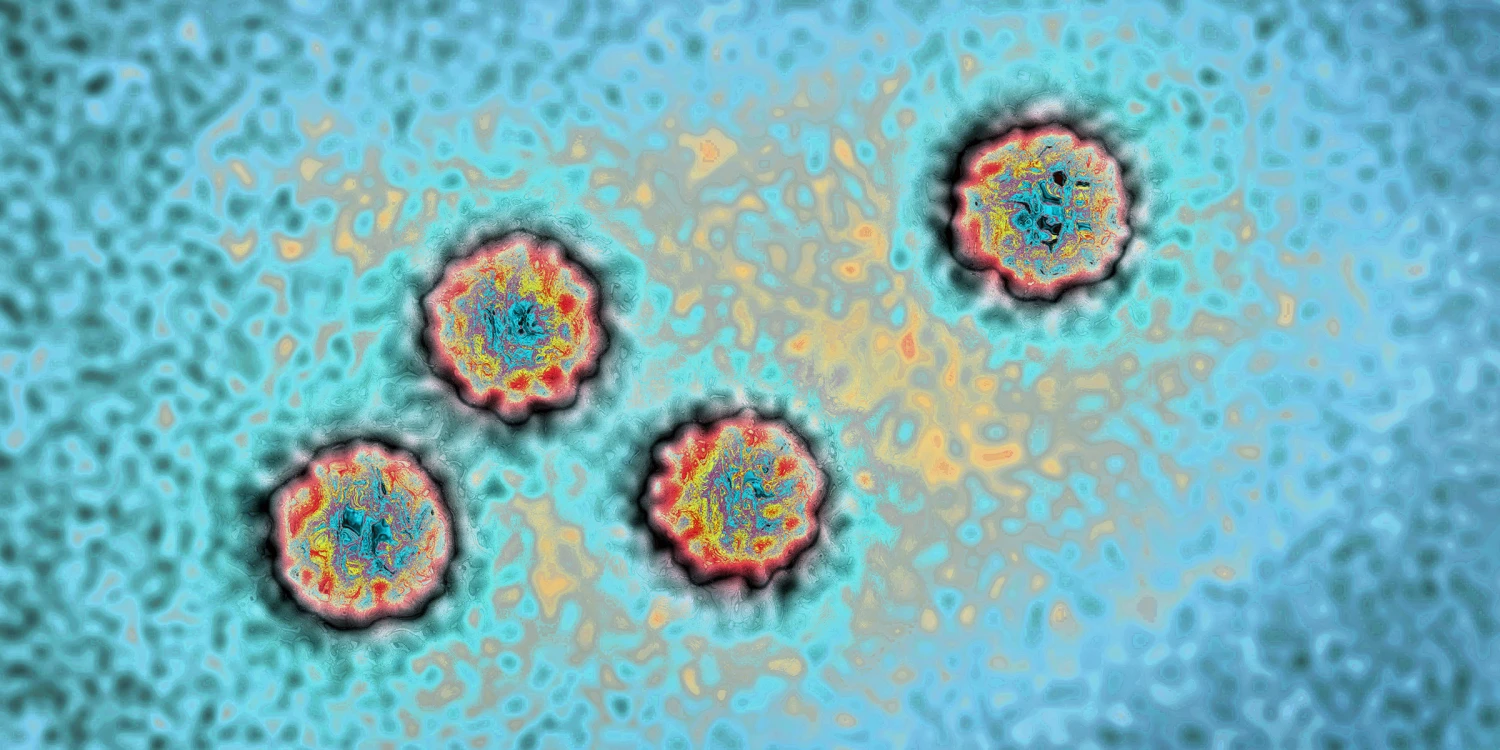The Philadelphia Department of Public Health is currently investigating a confirmed case of the Hepatitis A virus in an individual who worked at a ShopRite located in Northeast Philadelphia.
According to officials, the affected employee worked while infected at the ShopRite situated at 6301 Oxford St.
The Health Department advises individuals who handled raw beef or pork from the store’s meat counter between January 4 and January 21, or consumed undercooked beef or pork during that period, to receive the Hepatitis A vaccine as soon as possible.
“If you have previously received two doses of Hepatitis A vaccine or have had Hepatitis A in the past, health officials said you do not need to be vaccinated.”
There have been no additional reports of illness among other individuals, and no other stores are currently affected.
Health officials recommend that any beef or pork purchased during the specified timeframe and subsequently frozen should be discarded as a precautionary measure.

Furthermore, heating food and liquids to temperatures of 185°F (85°C) for at least one minute can effectively kill the virus. Freezing temperatures, however, do not destroy the Hepatitis A virus.
The Health Department is offering free Hepatitis A vaccine on Saturday, January 27, from 8 a.m. to noon at a district health center located at 2230 Cottman Ave.
Alternatively, individuals can contact their healthcare provider or visit a pharmacy to receive the vaccine.
“If you develop Hepatitis A symptoms, the Health Department said to contact your doctor immediately.”
For assistance, individuals can reach out to the Health Department at 215-685-5488, Monday through Friday, from 8:30 a.m. to 6 p.m.
Hepatitis A is a liver infection that spreads when infected individuals fail to thoroughly wash their hands after using the bathroom and then handle food.
Infected individuals can spread the virus to others from two weeks before symptoms of liver infection appear up to one week after symptom onset.
Symptoms typically develop two to six weeks after exposure to the virus and can range from mild cases of diarrhea and vomiting to more severe symptoms such as jaundice.
Additional symptoms may include fever, fatigue, abdominal pain, and dark urine.
